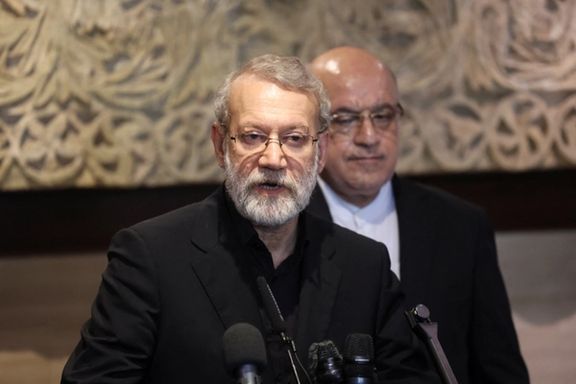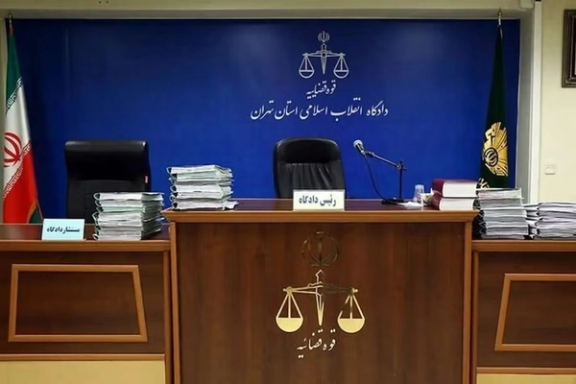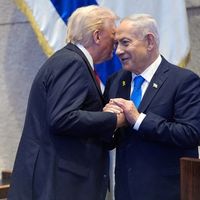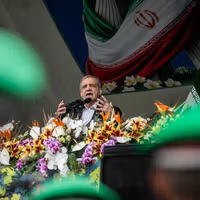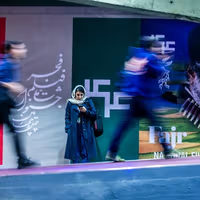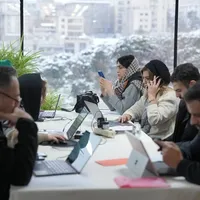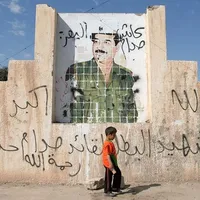“Iran’s defiance of this Council’s resolutions enables the Houthis to escalate regional tensions. Iran’s continued support for the Houthis also poses a threat to the people of Yemen and to freedom of navigation in the Red Sea,” she told the council.
“In that regard, the United States commends Yemeni government-aligned forces for their July seizure of at least 750 tons of Iranian weapons bound for the Houthis. We urge the UN Secretariat to facilitate an inspection of that seizure by the Yemen Panel of Experts as soon as possible.”
The Iran-backed group, which controls around two thirds of Yemen's population in one third of the country, began a maritime blockade in the Red Sea in November 2023, following a call by Iran's Supreme Leader Ali Khamenei in a show of allegiance to Iran-backed Hamas in Gaza.
The Council on Foreign Relations says that "Iran is the Houthis’ primary benefactor, providing them mostly with security assistance, such as weapons transfers, training, and intelligence support".
Following Hamas’ invasion of Israel on October 7 and the subsequent retaliatory bombardment of the Gaza Strip, the group said it would target Israeli-linked vessels and those docking in Israeli ports. It has since, however, targeted several commercial ships, killing multiple civilian mariners.
So frequent were the attacks on US warships that a ceasefire was made between the US and the group, designated a terrorist entity by countries such as the US and Canada, in May.
In recent attacks on the Magic Seas and Eternity C, both ships were destroyed, with at least four seamen killed on Eternity C and several others injured, taking the tally to over 100 ships attacked since the blockade began.
“After hampering rescue efforts, the Houthis then kidnapped and continue to detain at least 11 crew members of the Eternity C, adding to the numbers they have unjustifiably detained,” Shea said, calling for the hostages’ release along with the release of other UN, NGO and diplomatic workers being held by the group.
“The attacks on commercial vessels are a clear demonstration of the Houthis’ destabilizing presence in the region and interference with freedom of navigation. They also demonstrate Houthi responsibility for severe economic, environmental, and security threats against the people of Yemen and the region,” she said.
Retaliatory strikes by Israel, the US, and the UK since the beginning of the blockade have caused significant damage to infrastructure, including ports the allies say were used to transfer weapons from Iran.
In the Tuesday address, Shea also spoke out about the group’s targeting of Israel, a key US ally in the region, saying that the Jewish state retained the right to defend itself.
“As recently as August 8th, the Houthis fired a missile at Israel targeting Ben Gurion Airport. We stand with Israel in its right to self-defense against the Houthis,” she said.
Dozens of projectiles have been fired at Israel during the maritime blockade, including ballistic missiles and UAVs. While most have been intercepted, in May, one narrowly missed the perimeter of the country's main airport, Ben Gurion, in central Israel.



